Keywords: David Ishaya Osu
-

AUSTRALIA
- Andrew Hamilton
- 20 February 2024
In an individualistic culture, Lent could be seen as an individual practice of self-betterment. Historically, however, it was a communal activity designed to make the community more attentive and aware of those around them and of their world.
READ MORE
-
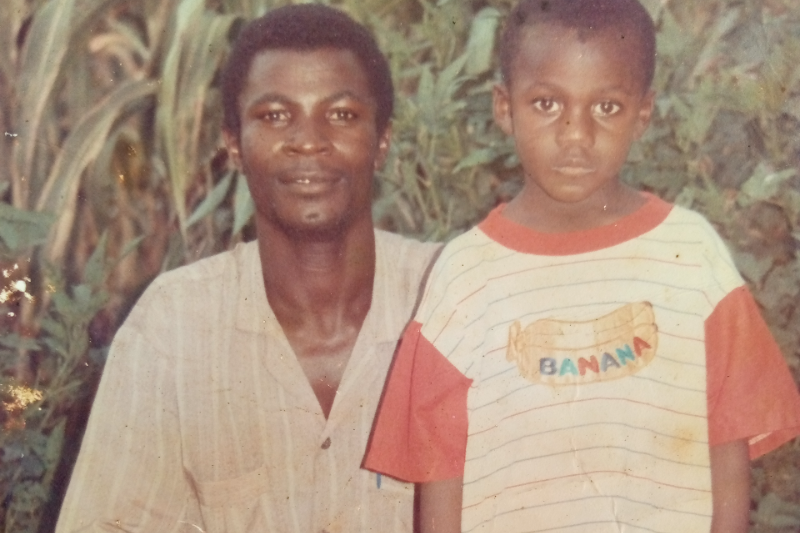
ARTS AND CULTURE
- David Ishaya Osu
- 15 December 2020
2 Comments
I have stared at this photograph of me and Dad for more than five months. The picture was found in Mum’s drawer. After some calculations and contemplations, Mum said I was three years old in the photo. How much can I remember from age three? How far back in time can I go? What I could only do was stare, imagine, and ask questions.
READ MORE 
-
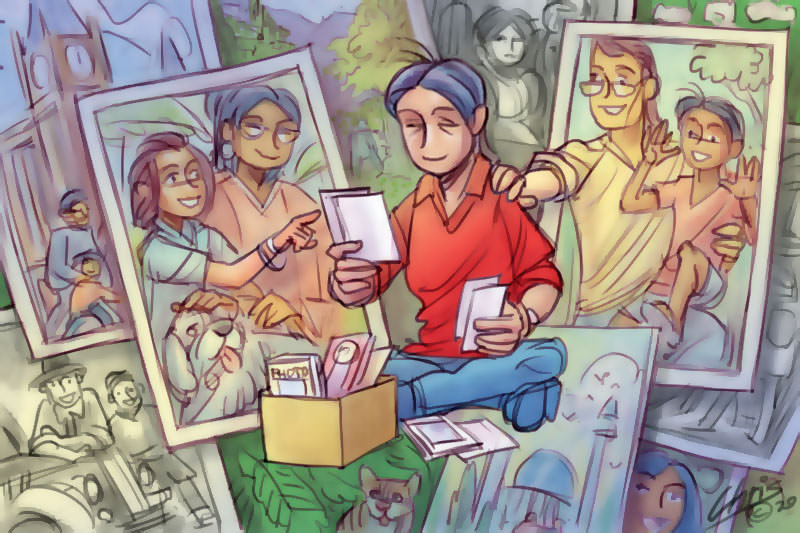
ARTS AND CULTURE
- David Ishaya Osu
- 18 August 2020
2 Comments
I have been going back to street photographs I took before coronavirus struck. Hundreds of images taken in London, Liverpool, Bangor, Abuja, Canterbury, Mararaba, Birmingham, Erith, and many other places. With each photograph comes an inevitable urge to reminisce.
READ MORE 
-
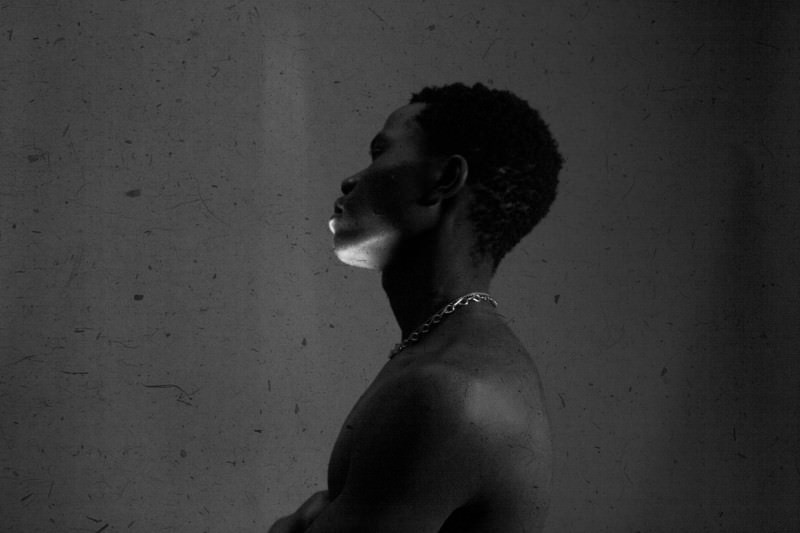
ARTS AND CULTURE
- David Ishaya Osu
- 06 May 2020
4 Comments
I have been with friends and lovers and have seen them in difficult times, emotionally and physically. The same way people have seen me in distress, seen me cry. But I never saw my dad in tears; not as a kid growing up, nor much later as a young adult.
READ MORE 
-
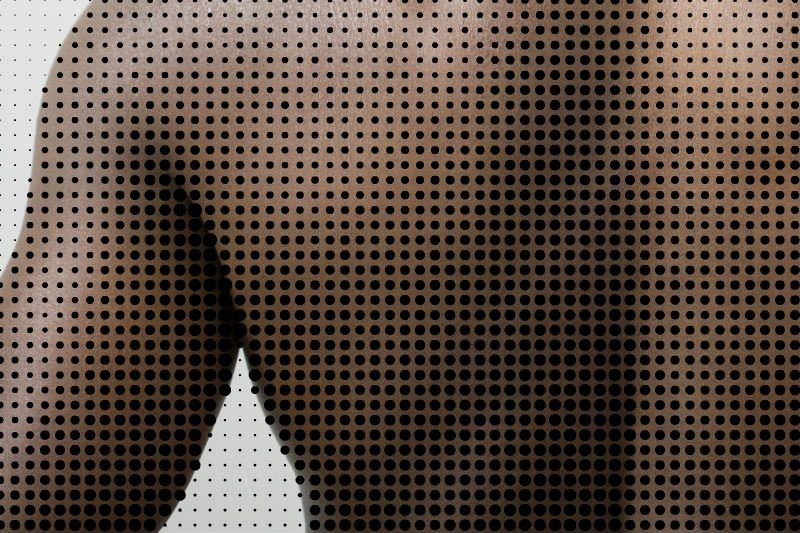
ARTS AND CULTURE
- David Ishaya Osu
- 04 September 2019
4 Comments
There was a love that manifested in my house that needed no naming. It transcended adjectives or nouns. We were so playful to the extent we tried our mother's dresses, skirts, blouses. In days when I felt the fullness of my mischievousness, I dressed like my mother or sister and ran out of the house to make people laugh. There was no fuss about it.
READ MORE 
-
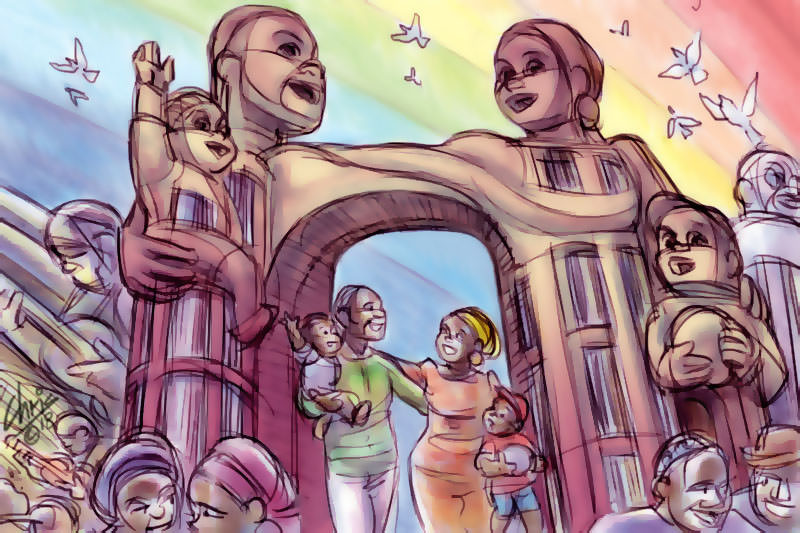
ARTS AND CULTURE
- David Ishaya Osu
- 27 April 2018
1 Comment
Whatever city development process is to be adopted, the spirit of community is key: landscape to networks to streets to public spaces to buildings. The approach ought to center on the fact that human needs and behaviours vary, and so cities automatically take the shape of the sensibilities of people.
READ MORE 
-
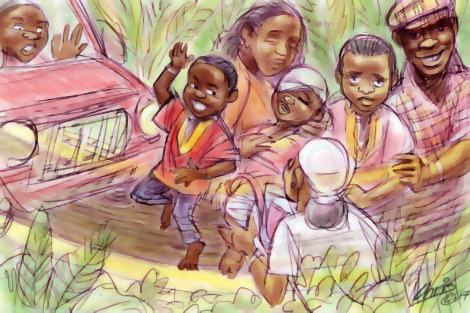
ARTS AND CULTURE
- David Ishaya Osu
- 17 September 2017
2 Comments
On 12 May 1996, I was knocked down by a car, along the Abuja-Keffi expressway in Nigeria. I was five years old, a small boy whose fingers almost always hung in my mama's. Nigerians call this 'mummy's handbag'. But I was impatient; I wanted to be the first to cross. The things that followed were: boom! Screeches, shouts of 'Jesus', etc. I woke up in the midst of people praying for me at the nearby hospital.
READ MORE 
-

ARTS AND CULTURE
- David Ishaya Osu
- 21 March 2016
3 Comments
My elder sister was negotiating with a mobile seller of wears, and a neighbour, fondly called Mama Daniel, interfered, asking the seller not to sell to my sister, Elizabeth. And my sister pounced on the 40-something-year-old woman. They exchanged blows on their bodies. And my sister, who was more muscular and raging, grabbed the woman's wrapper and opened her secret. This is where everything ended and began, simple and complicated. Elizabeth has been a psychiatric patient since 2006.
READ MORE 
-

ARTS AND CULTURE
- David Ishaya Osu
- 29 September 2015
5 Comments
A family of four: an ex secret, a doll to share new moons with, a sky-blue diary and a door — nobody does the sign of the cross during sex; a braid of moonlight and shadow directs your head to a pillow, and next to your window hangs a raindrop ready to touch your heart; even a rat cannot feast on a field of vows; can i go outside of this life, you ask.
READ MORE 
-

CONTRIBUTORS
David Ishaya Osu is a Nigerian poet. His poems have appeared in: Atlas Poetica: A Journal of World Tanka, Birmingham Arts Journal, Tipton Poetry Journal, Watershed Review, The Missing Slate and elsewhere.
READ MORE